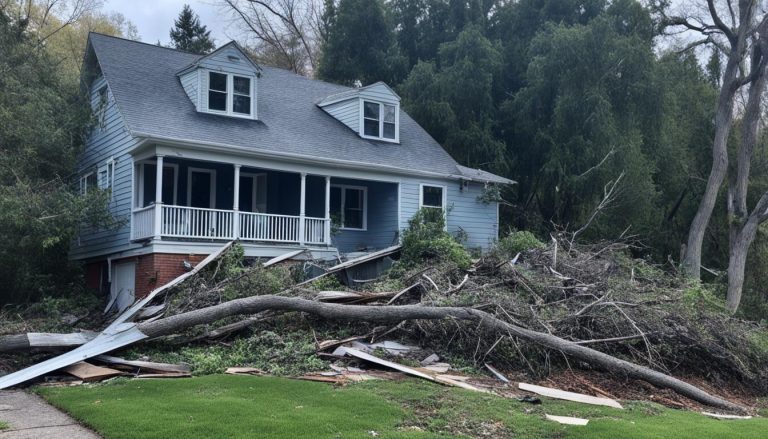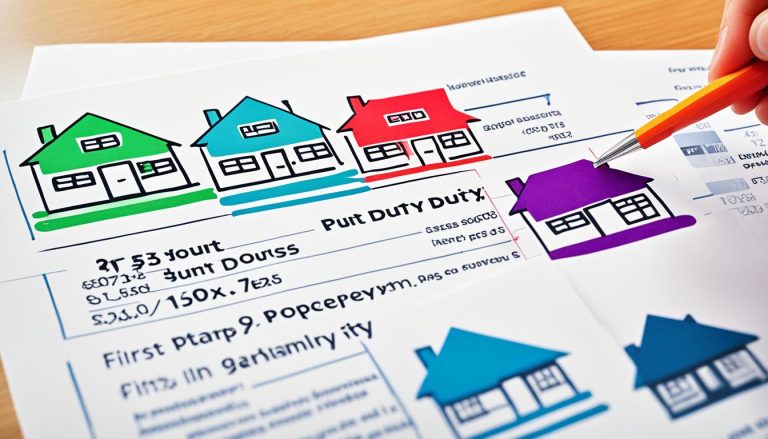Entering long-term care is a complex and often emotional process, especially when it involves decisions about your family home. A key question many people face is whether their children can continue living in the family home when they move into care. In the UK, this depends largely on your financial situation and local authority policies, especially in relation to how care home fees are funded.
The good news is that there are several ways to protect your property and allow your daughter to continue living there. Whether your house is included in the financial assessment for care home fees depends on several conditions, such as whether you are self-funding your care, the status of your daughter, and specific exclusions that might apply.
Understanding the Financial Assessment for Care Home Fees

When you move into a care home, your local council will assess your ability to pay for care through a financial assessment, also known as a means test. This test examines your total assets, including savings, investments, income, and possibly your property.
In the UK, if your assets exceed £23,250 (England and Northern Ireland), £50,000 (Wales), or £28,750 (Scotland), you may be required to contribute to or fully fund your care. Whether your house is included in this assessment depends on various factors, including who is living in it and whether any exclusions apply.
The financial assessment doesn’t always mean your house will be sold, but its value may be considered when calculating how much you need to contribute towards your care home fees.
Can My Daughter Continue to Live in My House if I Go Into Care in the UK?
In the UK, the rules about whether your daughter can continue living in your house if you move into a care home depend on how the property is treated during a financial assessment for care fees. Local authorities conduct a means test to determine whether your assets, including property, can be used to fund your care. However, there are specific protections in place under certain conditions that could allow your daughter to remain in the home without it being sold.
If your daughter is over 60 years of age, disabled, or under 18, the house will usually be subject to a mandatory disregard, meaning it won’t be included in the financial assessment. Additionally, if your daughter has been your primary carer and has no other residence, local authorities may grant a discretionary disregard, which also protects the house from being used to pay for care fees.
Other options to explore in the UK include self-funding your care, entering into a deferred payment agreement with the local council, or renting out the property to cover the costs while allowing your daughter to continue living there. Seeking professional financial and legal advice is key to understanding how these rules apply to your unique situation and ensuring that your daughter can remain in the family home.
Mandatory Disregard: When Your Home is Protected
A mandatory disregard can protect your home from being included in the financial assessment if certain people are living there. This rule is designed to prevent your house from being counted as an asset in situations where your family members, such as your daughter, still need a place to live.
Under the mandatory disregard, your daughter can continue living in the house if:
- She is aged 60 or older.
- She is under 18 or still in full-time education.
- She is disabled and requires the property as her primary residence.
If any of these criteria are met, the property will not be counted in the means test for care home fees. This protection ensures that your daughter won’t be forced to leave or risk the home being sold while she is still living there.
Additionally, if your spouse or partner remains living in the house, they too will benefit from the mandatory disregard. It’s a safeguard designed to keep vulnerable or dependent family members in their homes while the property owner receives necessary care.
Discretionary Disregard: How Local Authorities Can Help?

If your daughter does not meet the criteria for a mandatory disregard, the local authority may still apply a discretionary disregard. This is a rule that allows councils to use their discretion in individual cases, especially where the person living in the house has a significant connection to the property.
For example, if your daughter has been living in the home for a long time, or if she gave up her own residence to care for you, the local authority may choose not to include the value of the house in the financial assessment. While this is not guaranteed, councils are generally sympathetic to family members who have a genuine need to continue living in the home, particularly in cases where they have provided care.
When considering a discretionary disregard, the local authority will look at:
- How long your daughter has been living in the home.
- Whether the property is her primary residence.
- Whether she has provided care or support before you entered the care home.
If the council decides to grant a discretionary disregard, your daughter can continue living in the house without the fear that it will need to be sold to cover care fees.
Self-Funding Your Care: Keeping Your Property Intact

If you have enough savings or income to self-fund your care, your home may not need to be sold at all. In this case, the local authority will not include your property in the financial assessment since you’re not relying on public funds to pay for your care.
Self-funding means that you use your own resources, such as savings, pension, or other investments, to cover the cost of care. This gives you greater control over what happens to your property, and your daughter can continue living in the house without the pressure of it being sold to meet care costs.
However, self-funding can be expensive. Care home fees can range from £30,000 to £70,000 per year, depending on the level of care needed and the location of the care home. Therefore, if your savings run out, you may eventually need to turn to local authority funding, at which point the value of your home may be reassessed.
Deferred Payment Agreements: Postponing the Sale of Your Home
A deferred payment agreement (DPA) is a way to delay the sale of your home to cover care fees. Under this scheme, the local authority will cover the costs of your care home fees, and the money is repaid either when the house is sold or from your estate after you pass away.
This agreement allows your daughter to continue living in the house while you are in care, without the need for an immediate sale. While DPAs offer financial flexibility, it’s important to note that the local authority will likely charge interest on the loan, and administrative fees may apply.
Deferred payment agreements are a good option if you want to keep your property for as long as possible, but cannot afford to self-fund your care. They effectively “freeze” the need to sell your home until a later date.
Renting Out Your Property: Another Alternative
If selling your home is not desirable, you may choose to rent out the property while you are in care. The rental income can be used to pay for your care home fees, which can be a practical way to avoid selling the house immediately.
However, there are a few important considerations:
- Rental income will be counted as part of your assets during the financial assessment, so this might affect your eligibility for financial support.
- Renting out the property comes with additional responsibilities, such as property maintenance, dealing with tenants, and managing the rental income.
Renting out your home can help cover care costs and, at the same time, allow your daughter to continue living in the property under certain conditions.
Legal and Financial Advice: What You Need to Know?

Making decisions about care home funding and property can be complicated, and it’s important to seek professional legal and financial advice. A solicitor or independent financial adviser who specialises in care home funding can guide you through the available options, ensuring that you make informed decisions that protect your assets and support your family.
Financial advisers can help explore ways to:
- Protect your home from being sold.
- Navigate the legalities of deferred payment agreements.
- Understand your rights when it comes to mandatory and discretionary disregards.
It’s crucial to plan ahead and understand the impact that care home costs may have on your property and your family’s housing situation.
Summary: What Options are Available for Your Daughter?

In summary, there are several ways to ensure your daughter can continue living in your house if you move into care. These include:
- Mandatory disregard if she meets the age, disability, or dependency criteria.
- Discretionary disregard based on her residency and caregiving role.
- Self-funding your care, which avoids the need to sell your home.
- Using a deferred payment agreement to postpone selling the house.
- Renting out the property to generate income for care fees.
By understanding the rules around property and care home funding, and seeking the right advice, you can protect your family home and ensure your daughter has a place to stay even if you move into care.
FAQs
What happens to my home if I move into care and my daughter is living there?
If your daughter meets the criteria for a mandatory or discretionary disregard, your home will not need to be sold, and she can continue living there.
Can I transfer my house to my daughter to avoid care fees?
Transferring your house to your daughter could be considered deliberate deprivation of assets, which means the local authority may still count the house’s value in their financial assessment.
How can my daughter stay in the house without selling it for care home costs?
Your daughter may be able to stay in the house if she qualifies for a mandatory or discretionary disregard. Alternatively, a deferred payment agreement could help postpone the need to sell.
What is the 12-week property disregard rule?
Local authorities grant a 12-week period after you enter care during which your property is excluded from the financial assessment, giving you time to make decisions about your home.
Will my home automatically be sold when I go into care?
No, it is not automatically sold. Various options, including deferred payment agreements and renting, can help delay or avoid a sale.
Can renting my house pay for care home fees?
Yes, renting your property can generate income that can be used to pay care home fees. However, the rental income will be included in your financial assessment.
How do local authorities decide on a discretionary disregard?
Local authorities consider factors like how long your daughter has lived in the home and whether she has provided care when deciding whether to apply a discretionary disregard.






